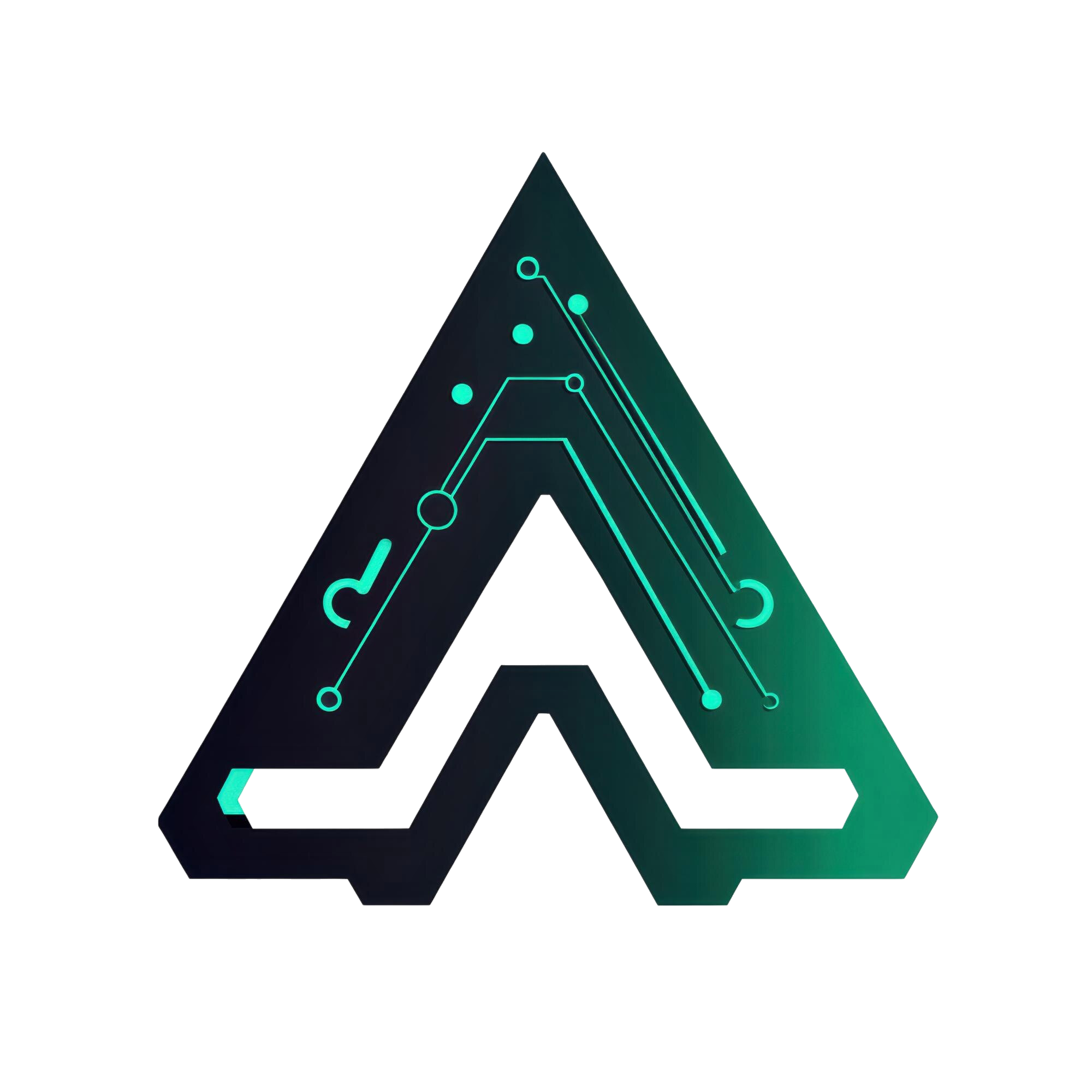Introduction
As remote work continues to evolve, organizations are increasingly seeking innovative tools to enhance collaboration and productivity. One such tool is Microsoft Teams, which has recently taken a significant step forward by introducing AI-powered team health dashboards. This feature aims to provide teams with a comprehensive view of their performance and well-being, ultimately fostering a more engaged and productive work environment.
The Evolution of Team Collaboration Tools
The landscape of team collaboration tools has transformed dramatically over the past decade. With the shift to remote work and the growing demand for flexible working arrangements, companies have had to adapt quickly. Microsoft Teams has positioned itself as a leader in this space, integrating various functionalities to meet the needs of modern teams.
Historical Context
Originally launched in 2017, Microsoft Teams was designed to compete in the burgeoning market of collaboration platforms. Over the years, it has included features like video conferencing, file sharing, and real-time document collaboration. With the introduction of AI-powered analytics, Microsoft is once again raising the bar for what teams can expect.
Understanding the AI-Powered Team Health Dashboards
The AI-powered team health dashboards are designed to provide teams with actionable insights into their performance, engagement, and overall health. These dashboards harness the power of artificial intelligence to analyze various metrics and present them in a user-friendly format.
Key Features of the Dashboards
- Real-Time Analytics: Teams can access up-to-date metrics related to their activities, allowing for timely adjustments.
- Engagement Insights: The dashboards provide insights into team interaction levels, helping identify areas for improvement.
- Collaboration Metrics: Users can track how effectively their team collaborates on projects, pinpointing potential bottlenecks.
- Well-Being Indicators: AI algorithms assess stress levels and workload balance, offering suggestions for maintaining a healthy work environment.
The Benefits of Using AI-Powered Dashboards
Integrating AI-powered dashboards into Microsoft Teams offers a plethora of benefits to organizations aiming to improve team dynamics. Here are some notable advantages:
1. Enhanced Visibility
With AI-driven insights, team leaders can gain a clearer understanding of their team’s performance and morale. This visibility is critical for making informed decisions.
2. Data-Driven Decisions
The analytics provided by the dashboards empower teams to make decisions based on real data rather than intuition alone. This leads to more effective strategies and interventions.
3. Improved Team Morale
By actively monitoring well-being indicators, organizations can take proactive steps to address issues before they escalate, promoting a healthier work culture.
4. Increased Productivity
With better insights into collaboration and engagement, teams can optimize their workflows, leading to enhanced productivity levels.
Future Predictions and Technological Advancements
As Microsoft continues to innovate with Teams, we can expect further advancements in AI technology. Future iterations of the team health dashboards may include more sophisticated analytics, deeper integration with other Microsoft products, and enhanced customization options for teams.
Potential Challenges
While the benefits are significant, there are challenges to consider:
- Data Privacy: Organizations must ensure that the data collected is used ethically and in compliance with privacy regulations.
- Accepting AI Insights: Teams may be hesitant to fully trust AI-driven recommendations, necessitating ongoing education and training.
- Integration Complexity: Organizations with existing systems may face challenges in integrating these new tools seamlessly.
Expert Opinions on AI in Team Management
Industry experts have shared their thoughts on the integration of AI in team management. According to Dr. Jane Smith, a renowned organizational psychologist, “The ability to leverage AI for team health insights is a game-changer. It allows leaders to understand not just what their teams are doing but how they are feeling, leading to better support and engagement.”
Real-World Examples
Several organizations have already begun to implement these AI-powered dashboards with impressive results:
- Company A: After integrating the team health dashboards, Company A reported a 20% increase in productivity and a notable improvement in employee satisfaction scores.
- Company B: With the insights gained from the dashboards, Company B was able to identify a communication bottleneck that, once addressed, led to a 30% reduction in project turnaround time.
Step-by-Step Guide to Using the Dashboards
Getting started with Microsoft Teams’ AI-powered team health dashboards is straightforward:
- Access Microsoft Teams: Log in to your Microsoft Teams account.
- Navigate to the Dashboard: Locate the team health dashboard feature in the main menu.
- Customize Settings: Adjust the dashboard settings to reflect your team’s specific metrics and goals.
- Review Insights: Regularly check the dashboard for updates and insights.
- Take Action: Use the information provided to inform decisions and improve team dynamics.
Cultural Relevance and Integration
The introduction of AI-powered dashboards speaks to a broader cultural shift in the workplace. As organizations strive to create inclusive, data-driven environments, these tools enable a more equitable approach to team management. By understanding individual and collective needs, leaders can foster a culture of support and open communication.
Conclusion
Microsoft Teams’ introduction of AI-powered team health dashboards marks a significant milestone in the evolution of workplace collaboration tools. By leveraging advanced analytics, organizations can gain valuable insights into team performance and well-being. As businesses continue to navigate the complexities of remote work, these dashboards offer a beacon of hope for fostering healthier, more productive teams. The future is bright, and those who embrace this technology will undoubtedly reap the rewards.




Leave a Comment